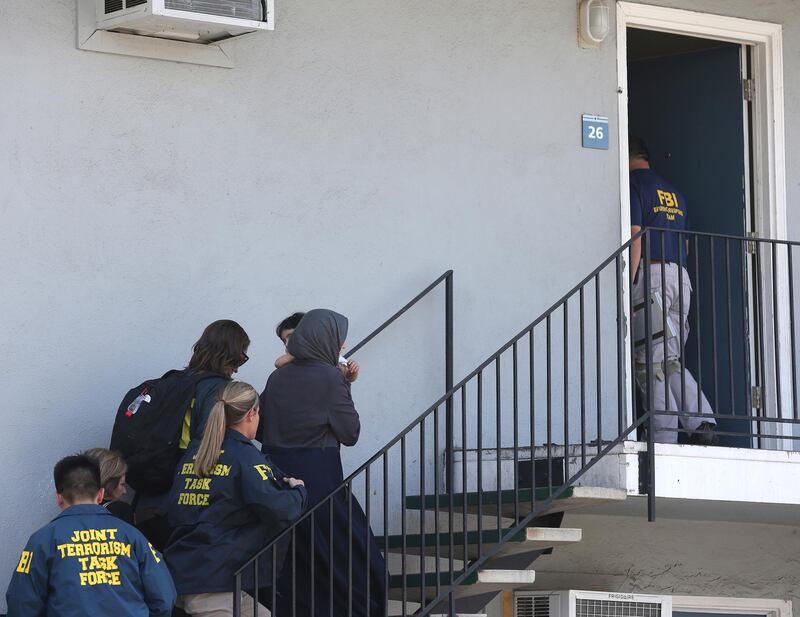US authorities have arrested an alleged ISIS member and murderer who entered the country as a refugee, raising questions about the strength of the government's refugee screening process.
Omar Ameen, 45, was arrested Wednesday in Sacramento, California by the FBI's Joint Terrorism Task Force, three months after an Iraqi magistrate issued an arrest warrant charging him with the murder of an Iraqi policeman in 2014, the Justice Department said.
Ameen, from Rawah in Anbar province, entered the United States in 2014 after being granted refugee status, and recently sought permanent resident status by applying for a "Green Card" work permit.
But US authorities now say that Iraq has identified Ameen as a member of two designated terror groups, Al-Qaeda in Iraq, and ISIS.
Iraqi authorities allege his family supported AQI's establishment in Rawah, and they say Ameen helped plant improvised explosive devices.
_____________
Read more:
Abadi sacks Iraq's electricity minister after protests
Protests undermine Iranian influence in Iraq
Iraq protests persist with government slow to offer solutions
_____________
They also say he shot dead a policeman in Rawah on June 22, 2014, a day after ISIS fighters seized the city. That alleged murder is the basis of an extradition request from Baghdad.
"Ameen concealed his membership in those terrorist groups when he applied for refugee status, and later when he applied for a green card in the United States," the Justice Department said.
Ameen's ability to enter the country as a refugee could lend support to President Donald Trump's controversial move last year to slash the number of refugees the United States admits annually.
Trump placed a cap on refugee admissions of 45,000 this fiscal year (ending September 30), compared to the 110,000 level set for fiscal 2017 by Trump's White House predecessor, Barack Obama.
But given the pace so far, the actual number of refugees to be admitted in fiscal 2018 could fall below 20,000: only 18,565 had been admitted as of August 10, according to Department of State data.






